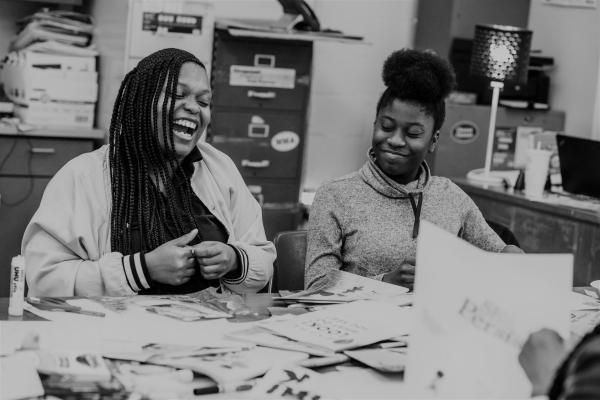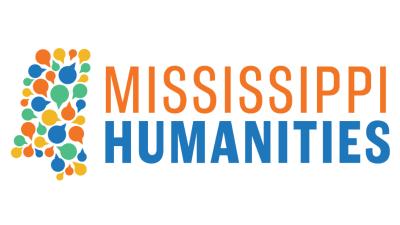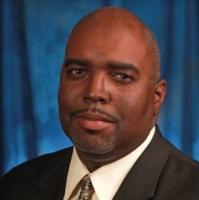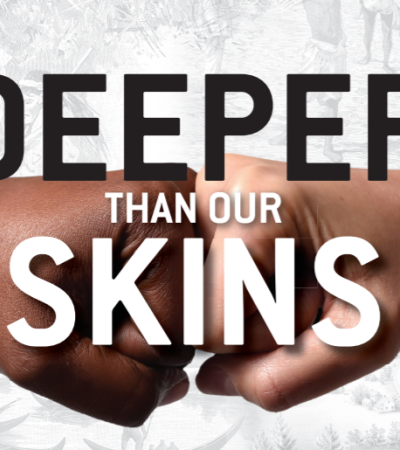Ask anyone who works with teens, inside or outside the library, and they might tell you that 13- to 18-year-olds are a tough crowd to reach. Library workers especially put in the effort to keep their teens engaged with unique programs — think TikTok programs or virtual Dungeons & Dragons.

“Teenagers are a blind spot for us,” says Molly McMillan, program officer at the Mississippi Humanities Council (MHC). “It can be tricky to approach kids of that age because it’s generally tough for us all, right? It takes a lot to reel them in.”
In 2022, McMillan set out to find humanities-based programming that could effectively reach this age group. A quick Google search bought up ALA’s Great Stories Club. “It was perfect,” McMillan says. “I reached out to someone at ALA because I had to confirm that we could use all the materials for free. It felt too good to be true.”
McMillan found that yes, all Great Stories Club resources are indeed free to use. The Great Stories Club is a reading and discussion program for underserved youth. All materials from each iteration of the Great Stories Club — including the programming guide, book lists, discussion questions, related reading lists and promotional materials — are available for use by any library, state humanities council or community nonprofit, free of charge.
“Our executive director, Dr. Stuart Rockoff, and I felt the program was worth trying to see if we could reach that 12-to-18 age demographic,” says McMillan. “We decided that if the initial run made an impact, the MHC would continue with it. And I’m happy to say it did!”
Bringing “Empathy” to the Youthful Offender Unit
McMillan went through a few different ideas on how the MHC could successfully use the Great Stories Club’s resources to engage teens. They could start by partnering with schools or a public library, but what really caught her attention was the idea of bringing the Great Stories Club as a pilot program to the Youthful Offender Unit at Central Mississippi Correctional Facility.

Using the advice and connections of MHC colleague Carla Falkner, who supports and coordinates humanities education in Mississippi prisons, McMillan approached staff at the youth correctional facility and found that they were enthusiastic about the concept.
McMillan started to look for scholars to facilitate the book group and was connected to Chauncey Spears, formerly of the Mississippi Department of Education and who now works for the Alluvial Collective, an organization working to end inequities in educational programming. Once Spears was on board, the weekly schedule was set, and the theme was chosen.
“We chose to use the Empathy theme for our pilot program,” McMillan says. “Chauncey [Spears] and the teens met every single week at the facility. These weekly sessions became like an escape to participants — a time where they could be themselves and remind themselves of who they are.”
The weekly book discussions were kept to a small group of 12, and the participants were able to spend this time exploring the texts, connecting with each other and with the stories of the characters.
The power of stories
The Great Stories Club is flexible in that the resources can be trimmed down or added to work for the participants’ preferences and schedules.
The “Empathy” theme that the Mississippi Humanities Council used suggests six titles in the reading list. “Since this was only a pilot program, Chauncey [Spears] chose to use only three of the recommended books,” McMillan says. “’All American Boys’ by Jason Reynolds and Brendan Kiely, ‘Flight’ by Sherman Alexie and ‘Stuck in Neutral’ by Terry Trueman.”


Spears used the pre-written discussion questions, but also took the opportunity to go off script with the 12 participants. “With it being such a small group, the teens felt comfortable with each other after the first few sessions,” McMillan says. “The discussion questions were tailored to help fit the participants' unique perspectives. They were opening up about topics faced in the books like anxiety and depression. They expressed that these are topics they couldn’t talk about openly when they were outside of the group.”
“The young men also journaled about the books and about their time in the facility,” writes Spears in the Mississippi Humanities Council’s January 2023 newsletter. “I enjoy helping young people develop literacy skills that translate into a joy of reading and learning. I like to hope that higher literacy would help them make more informed choices about their time, bodies and relationships. Participating in the Great Stories Club reinforced in me the power of stories to engage the mind and imagination to help better understand reality and society.”
Three tips for a successful Great Stories Club
Great Stories Club resources are available to everyone, even without a grant. ALA occasionally offers implementation grants for Great Stories themes. See the application information on the currently available Great Stories Club grant.
“Because of the huge impact of the Great Stories Club pilot program, we are going to bring it back in fall 2023 at after-school programs and public libraries,” says McMillan. “We don’t plan on just sticking with prison education. That’s the beauty of the Great Stories Club — it’s so adaptable.”
Whether you are reading this from a school library, a humanities council or a nonprofit that works with underserved youth, McMillan offers some tips that can help you implement a Great Stories Club, with or without a grant.
1. Start with a pilot program
The Mississippi Humanities Council’s pilot program used only three of the six books on the “Empathy” theme’s list. McMillan recommends anyone new to the Great Stories club take a similar approach.
“Start with just a few books at a time,” she says. “Take it easy so the participants can really dive in on those three titles. Especially if you are doing the Great Stories Club for the first time, you want to start slow. Starting with less is helpful from a planning perspective as well.”
2. Evaluate and go from there
“Learn from every session,” says McMillan. “And once your pilot program is over, see what worked and what didn’t. Learn how to best recruit participants and adjust accordingly.”
Remember that teens are hard to reach anywhere! Use your existing or new partnerships with local organizations to ramp up your teen outreach and re-evaluate what works and what doesn’t work when it comes to recruitment.
3. There is no way to fail
“The whole point of the Great Stories Club is to connect participants to the stories so they can relate them to their own lives. I think it’s important not to focus too much on turnout,” says McMillan. “The groups are recommended to be on the smaller side for a reason. If only three or four kids show up to every session, that’s great! It’s still making a true impact.”
The American Library Association’s Great Stories Club is a literature-based library outreach program that gives underserved youth the opportunity to read, reflect and share ideas on topics that resonate with them. Since 2006, ALA has made 1,400 Great Stories Club grants to libraries, reaching more than 42,000 young adults in 49 states and 2 U.S. territories. Read more about the Great Stories Club.


